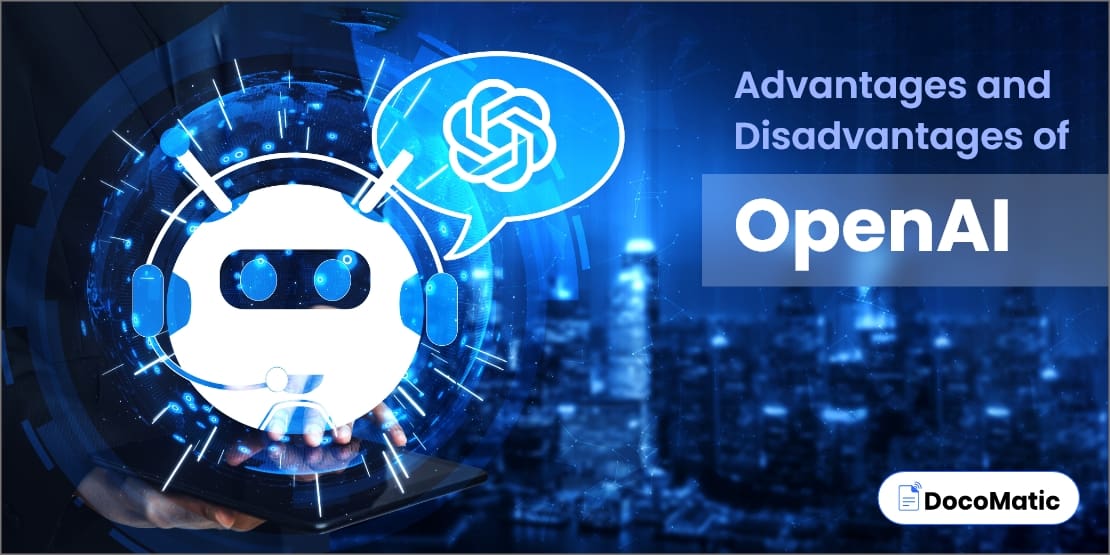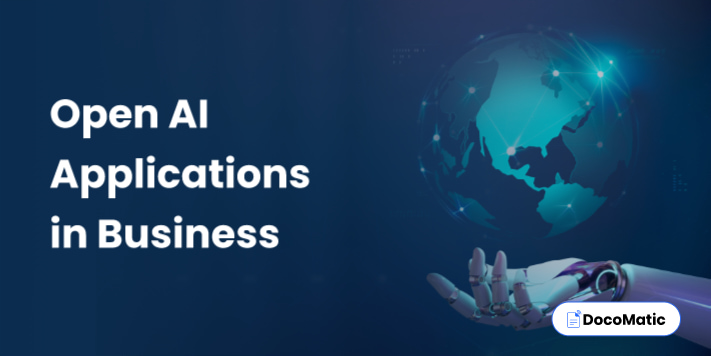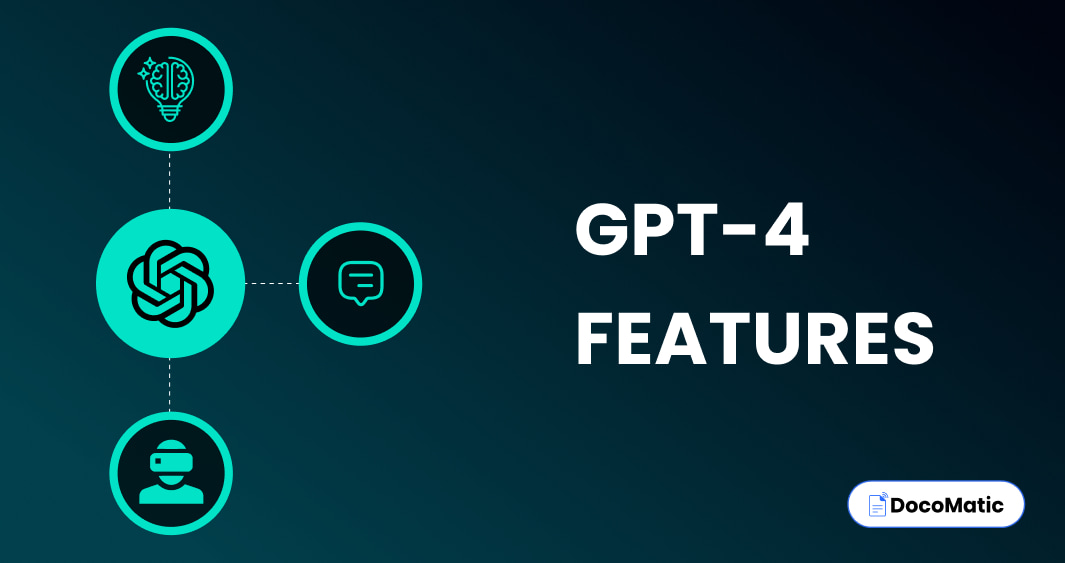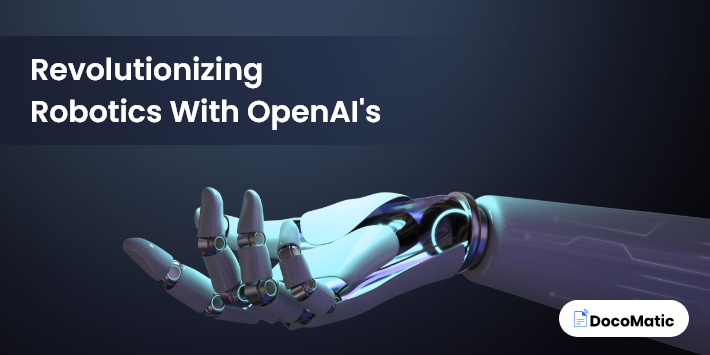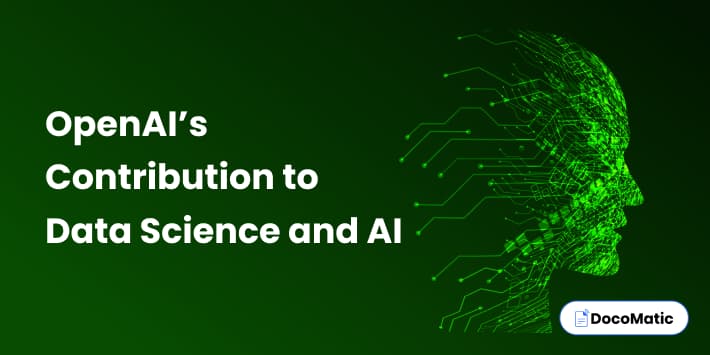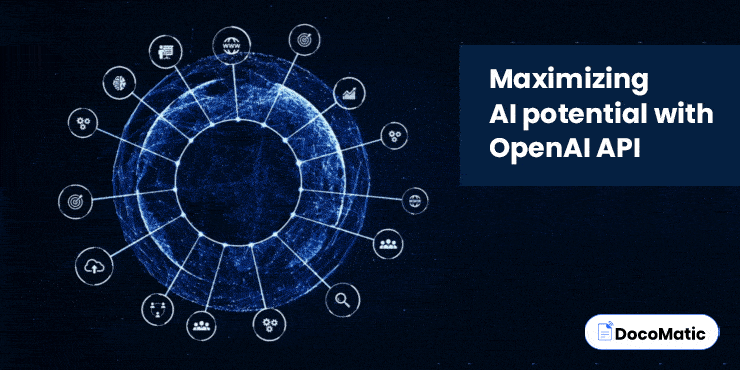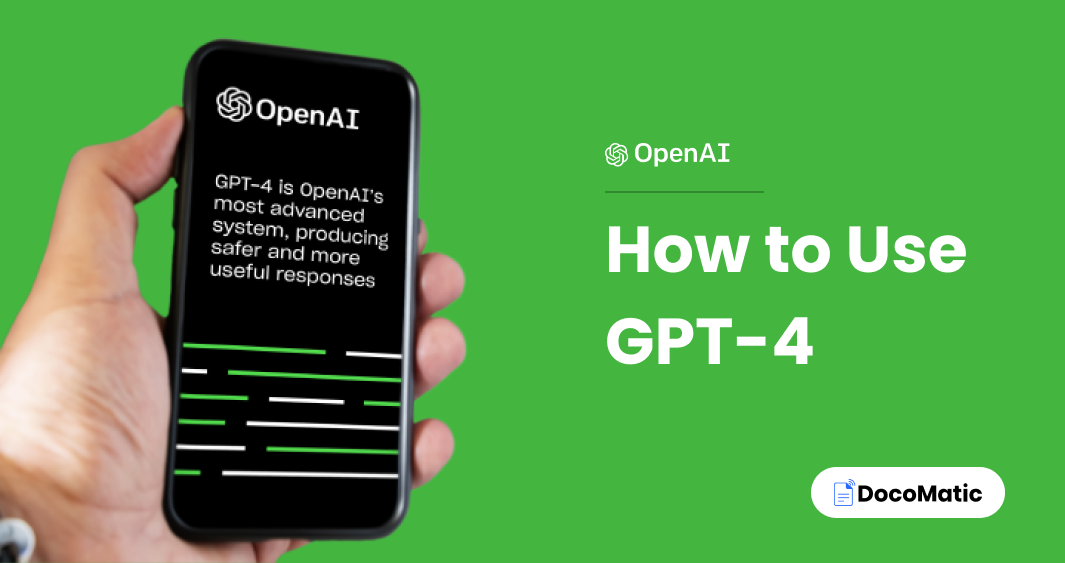Artificial Intelligence (AI) is bringing a massive shift in the world, with OpenAI being one of the companies bringing a monumental revolution. OpenAI got a funding of over $1 billion as of January 2023, which sent it to the list of most funded machine learning startups in the world.
With an aim to create beneficial and safe AI systems, OpenAI plans on improving the quality of life for the entire world. And many enterprises have started considering the ways to leverage its benefits and utilize advanced AI models in their businesses. In this blog, we will uncover the major advantages and disadvantages of OpenAI.
Table of Content
What are the Benefits of Using OpenAI?
OpenAI has a vast potential to change the way of our day-to-day interaction with technology. Based on the training data, it can develop systems that generate human-like text, perform language related tasks, and much more. Thus, it is unlocking new ways to interact with technology in an intuitive way similar to a human conversation.
1. Improves efficiency through automation
The ability to make tasks automated, thereby creating an efficient operational process is the key benefit of OpenAI for industries. It can automate tasks with the help of machine learning methods and AI algorithms.
ChatGPT, a language model among the OpenAI software, is beneficial for applications like chatbots that require a real time response to user input. It can extend these advantages to fields such as financial sectors, education, marketing, and customer care.
AI systems are a great help at reviewing X-Ray and CT scans, checking records of patients, catering to public transportation, and optimizing yields of crops. It can come in handy in analyzing large datasets and identifying patterns that would be rather difficult to be detected by humans.
OpenAI can also support the development of predictive models that enable organizations to make proper decisions including product forecasting demand or optimizing resource use.
2. Saves costs and increases productivity
OpenAI’s ability to automate mundane or repetitive tasks will free up a lot of time for people to focus on unique, creative, and complex assignments. This can directly bring the required job satisfaction and a heightened level of productivity in employees.
A well-trained OpenAI model can respond to standard customer inquiries, thereby leaving human customer service representatives to handle other issues. Thus, you won’t need to hire more employees in your organization and let AI do its job for you.
The machine learning model can also identify bugs. Thus, it will reduce the chances of errors for developers and help fix problems immediately. These capabilities from OpenAI directly save a lot of cost on resources, boost productivity, and gives the needed outputs in less time.
3. Can be integrated into apps
The purpose of OpenAI is to offer the ability to integrate tools into your own applications. These tools can be easily integrated using APIs, thereby nullifying the need to build models from scratch. Developers can then integrate the GPT-based models into their apps using programming languages such as Python or JavaScript. Here are some of the examples:
- Virtual assistants and chatbots: ChatGPT-3 can be used to generate text and perform natural language processing tasks by powering virtual assistants and chatbots in apps. You can integrate chatbots into a variety of apps starting from e-commerce to healthcare.
- Image generation: Dall.E is a GPT-based model of OpenAI, which can be integrated into apps to generate images as per text promptings. For instance, if you have an e-commerce platform, you can use Dall.E to create product images as required and save a lot of manpower.
- Content generation: GPT models also enable content creation within the apps. For example, it can be used for a writing app to generate text as per the user’s need. This allows a faster writing process and enriches the overall quality of content.
4. Enables problem-solving and scientific research
By analyzing and interpreting a mammoth volume of data, OpenAI can greatly benefit scientists and researchers. It makes their work easy by helping them identify patterns and drive new innovations through their discoveries.
For example, people working in climate science can use OpenAI to check data and create appropriate climate models. This is indeed a great way for researchers to understand the effects of weather change and develop suitable strategies to mitigate challenges.
Moreover, OpenAI is a savior in the problem-solving field. Its smart algorithms can allow businesses to optimize complex operations including energy distribution or traffic flow. Its ability to predict outcomes and recommend suggestions in the fields of finance or marketing can also aid you make better decisions.
5. Easy AI accessibility and affordability
As we know, the costing of AI technology has remained a major problem for people. This made it difficult for many people to access it. Individuals and smaller businesses had to face these concerns. With OpenAI coming into the market, open-source AI resources can be made easily accessible.
By providing a vast range of APIs and tools, OpenAI can help develop AI systems and applications. The free availability of these tools for people with an internet connection helps them build applications such as chatbots and predictive models.
Small companies or new startups that were forbidden to have such resources can use OpenAI tools to develop their own AI applications and systems. This can open new doors for innovation and growth across various fields.
What are the Challenges with OpenAI?
While there are a lot of advantages of OpenAI, it does come with a bunch of drawbacks. Here are a few of them:
1. Limited online browsing capabilities
Researchers and developers carrying out their tasks using the GPT-based models have to face limitations when it comes to OpenAI’s online browsing capabilities. This is because these models can not fully access information on the web in real-time.
The inability to browse external sources of information and only relying on existing data makes it difficult to handle complex queries. Being trained on a corpus of data, OpenAI may also provide inaccurate predictions that can be risky. Contextable can help generate more precise answers in these cases.
2. Potential for misuse
The rise in AI technologies including GPT-based models can lead to potential misuse. Some individuals or organizations may try to use them with malicious intent. This is a cause of concern in the context of warfare or other probabilities.
Creating realistic but fake images can be a way to manipulate people or spread illicit information. In addition to this, OpenAI models may pose a risk of developing autonomous weapons or technologies that can be used to harm people.
3. Data privacy and AI bias
Being driven by training based on data, OpenAI also brings major issues when it comes to its effectiveness. It also brings up concerns related to data privacy and related AI bias.
For instance, if a GPT-based model is fed data that shows societal or other types of biases, they may hold those biases to provide further results. Moreover, as these store a large amount of personal and professional data, it raises concerns of misuse or potential privacy violation.
4. Little transparency and accountability
One of the major drawbacks of OpenAI is its opaqueness in making decisions and processing data. This creates a hurdle for organizations to know how or why they came to a specific output.
This brings their transparency and accountability into question as the outputs of GPT-based models can greatly impact the entire society. Moreover, lack of transparency on how it makes decisions can create challenges in identifying and addressing probable biases or ethical issues.
Looking at these limitations, you might want to consider other options instead of OpenAI for your business such as Hugging Face, IBM Watson, Google Cloud AI Platform, Microsoft Azure AI, NVIDIA, CognitiveScale and Wit.ai.
FAQs
OpenAI has developed many models including natural language processing, reinforcement learning, computer vision, and robotics. A few of the OpenAI technologies and models are as below:
- ChatGPT
- Dall.E
- Jukebox
- OpenAI Gym
- OpenAI Five
OpenAI is taking many things into consideration when trying to ensure data security and effective handling of concerns as below:
- Encrypting sensitive data against unauthorized usage
- Regularly testing and auditing data security
- Implementing algorithms to alleviate the effect of biased training data
- Constantly monitoring system activity to update security threats
- Adhering to laws and regulations
We can address these concerns by developing and implementing appropriate AI practices and policies. It is vital to make educational investments and conduct training programs to support employees who have been affected by job losses. Organizations must develop and enforce ethical codes on transparency, data privacy, and bias.
Conclusion
OpenAI is undoubtedly influencing the way we use technology in a powerful way. It has the ability to bring a massive transformation in the field of AI. But we must also note the benefits and drawbacks of OpenAI. By looking at both sides of the coin, businesses and organizations can work together towards a next-gen future driven by AI technology.
While OpenAI is loaded with tons of benefits including enhanced automation and efficiency across different fields, it also comes with potential risks we must be aware of. So, it must be utilized in a healthy and beneficial way by all.
With the rapid progress of AI in the technological landscape, it is tough to predict how ChatGPT and OpenAI tools will paint the world’s canvas. However, it is worth noting that the emergence of such neural and genius networks is an opportunity for all to mitigate complex problems.
